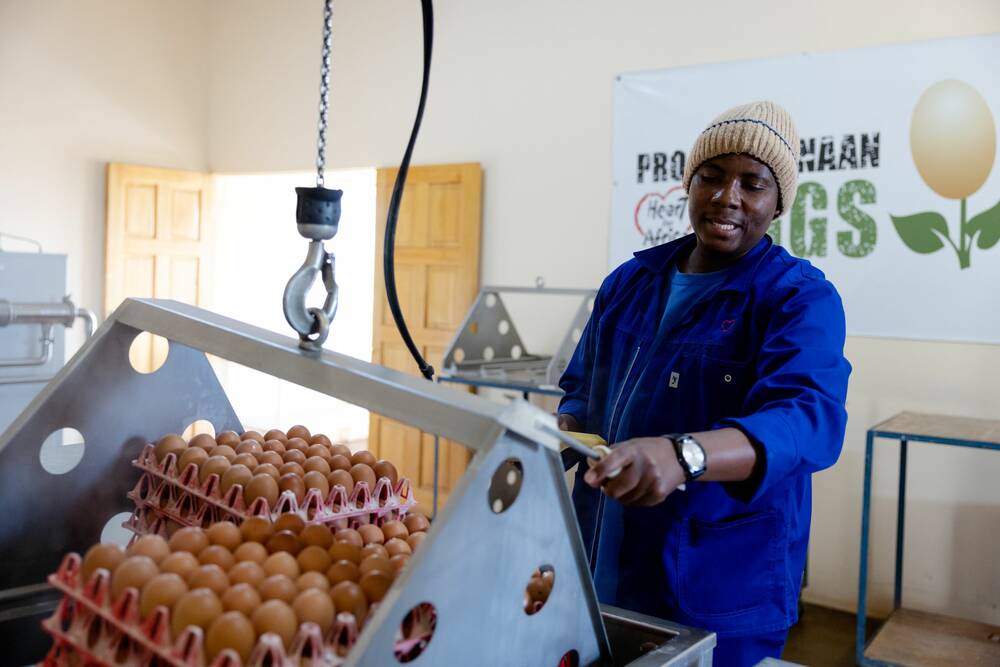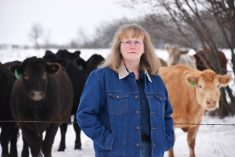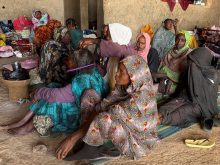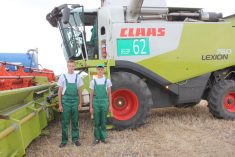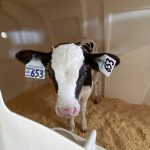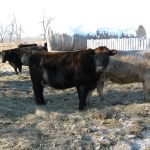In 2013, a plane carrying two representatives from the Egg Farmers of Canada landed in Eswatini in southern Africa.
They were exploring a partnership with Project Canaan, a philanthropic effort aimed to improve nutrition in the country’s vulnerable populations. Egg Farmers of Canada had become interested in the initiative earlier that year, after being introduced to it at an industry conference.
The tour came on the heels of a similar visit to Mozambique, where an American-based partnership, Eggs for Africa, was already producing eggs and poultry, ready protein for that nation’s at-risk children.
Read Also
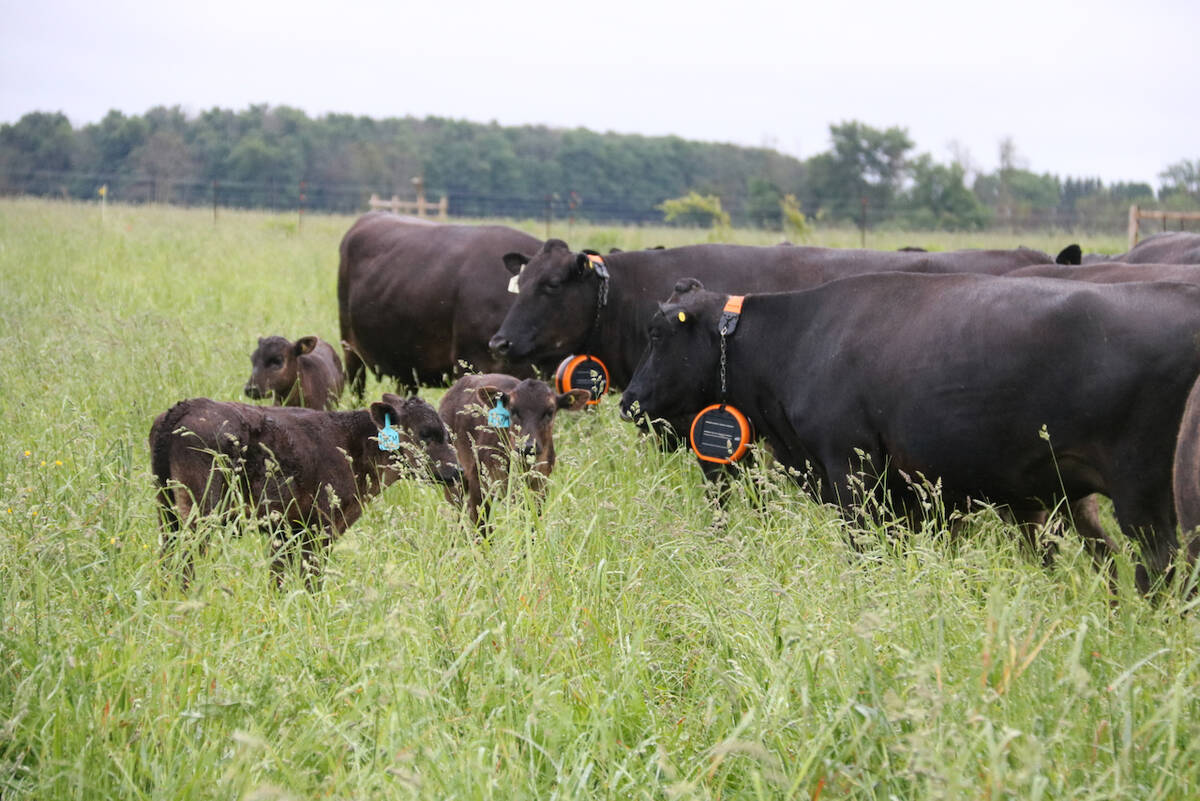
How soil fertility management can boost pasture yield by 43 per cent
Learn how soil testing and targeted fertilization can increase pasture biomass by 43%. Expert tips on N, P, and K management for beef cattle producers.
If the Americans could do it in Mozambique, thought Canadian egg farmer Roger Pelissero, there was no reason Canadians couldn’t do it in Eswatini.
“We’d seen an opportunity and felt compelled to get involved,” said Pelissero, who now sits on the Canadian board of Heart for Africa, a Christian-based non-profit focused on alleviating poverty and hunger and providing education and care for orphans in Eswatini.
Started by Canadians Janine and Ian Maxwell, Heart for Africa’s Project Canaan covers 2,500 acres near Gebeni in the Mansini region of the country and employs 470 people. The site has housing, a school and a farm designed to promote self-sustainability, according to Heart of Africa’s website.
The farm includes two acres of greenhouse space, a seedling house, 30 acres of irrigated field crops and livestock, including cattle and goats. Egg Farmers of Canada’s contribution comes as part of the farm’s more than 6,200 layer hens.
The Canadian industry group officially started partnering with the farm in 2014. Today, the facility boasts two barns and produces 4,500 eggs a day. It feeds 4,500 children across the rural areas of the country.
Egg Farmers of Canada provided funds and expertise for the egg production facility, Heart of Africa says.
“It’s been a very interesting 10 years. (We’ve) learned lots and I’m sure there’s still lots to learn,” said Ian Maxwell.
The need
Eswatini is landlocked by its neighbours, South Africa and Mozambique. In 2016, a report from the U.S. Food and Agriculture Organization noted several decades of agricultural decline in the country, exacerbated by repeated droughts.
The Integrated Food Security Phase Classification, a system developed by the FAO to gauge the food insecurity status of countries, found in 2019 that less than half the population of Eswatini was food secure. Inthe most recent period (June-September), it estimated that almost 243,500 people, about 20 per cent of the population, meet the classification for “crisis,” the third level on a five-point scale.
Under that classification, at least 20 per cent of households consume less than 2,100 calories a day and either more people are malnourished than usual or 10-14.9 per cent have slipped into acute malnourishment.
Innovative solutions
For the egg facility at Project Canaan, shelf life was a major concern. Most of the people they wanted to help in rural Eswatini don’t have refrigeration. Transportation also required creativity. Rural roads are rough, Maxwell noted, and eggs are delicate.
Working with food scientists, they developed a process to hard boil and preserve the eggs by forming a gel between the egg’s shell and membrane. Under that process, eggs can last up to six weeks without chilling.
Most of the collected eggs are sent to 30 distribution spots known as cooking stations. Before the egg project, dry goods packets with grains and vegetables from the farm were distributed.
Technology at the farm is kept simple, Maxwell noted, because maintaining jobs is one of the priorities.
Pelissero gave the example of the farm’s feed cart. In Canada, there would likely be a motorized option. At the African farm, keeping it manual maintains work opportunities and reduces the need for repairs and hard-to-get parts.
Pelissero has video calls with the egg barn manager, Sifiso, about every six weeks. They discuss how the barn is running, any issues encountered and the health of the chickens. Content of those discussions filters down to the rest of the staff.
“(Sifiso is) now training people and then he’s also taking that knowledge home to his community,” said Maxwell. “… the ripple effect of this is (that), over the years, the ripple’s getting bigger.”


